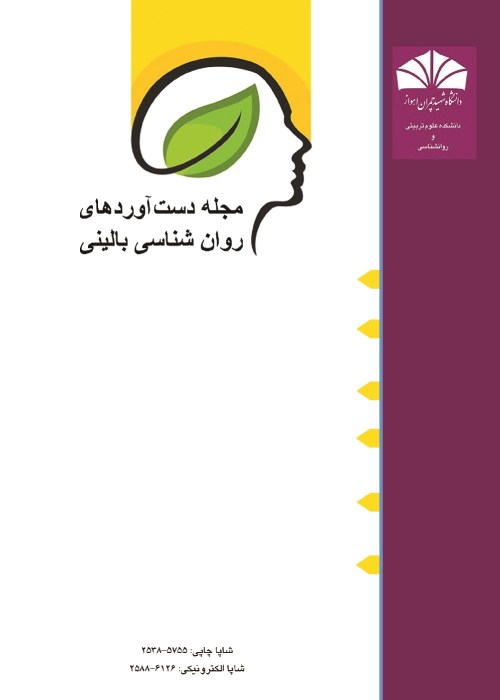Comparing The Effectiveness Of Cognitive Behavioral Therapy And Therapy Based On Acceptance And Commitment On The Social Self-Efficacy Of Single Parent Boys
The present study was conducted to comparing the effect of cognitive behavioral therapy and therapy based on acceptance and commitment on the social self-efficacy of single-parent boys in Bojnord city. The research method was semi-experimental with a pre-test and post-test design and follow-up with a control group, and the statistical population was all single-parent male students of the first secondary school in Bojnord city in the academic year of 2023-2024, of which 45 were selected by purposive sampling. 200 single parent students were selected. The research tool was the Smith and Betz Social Self-Efficacy Questionnaire (SES). The experimental groups underwent 8 sessions of 90 minutes separately under cognitive behavioral therapy and therapy based on acceptance and commitment, and the control group did not receive any intervention. All three groups completed the post-test again. And after one month, a follow-up period was also conducted. The data were analyzed with the analysis of variance of repeated measurements and the Bonferroni post hoc test and the results indicated the positive effectiveness of both cognitive behavioral therapy methods and treatment based on acceptance and commitment on social self-efficacy (P<0.001). Also, the effectiveness of treatment based on acceptance and commitment both in the post-test and in the follow-up period was more than cognitive behavioral therapy (P<0.05). Based on this, these two methods can be used to increase the social capabilities of single-parent boys and, while increasing social self-efficacy, prevent the occurrence of behavioral problems and social harms that threaten them.
- حق عضویت دریافتی صرف حمایت از نشریات عضو و نگهداری، تکمیل و توسعه مگیران میشود.
- پرداخت حق اشتراک و دانلود مقالات اجازه بازنشر آن در سایر رسانههای چاپی و دیجیتال را به کاربر نمیدهد.



